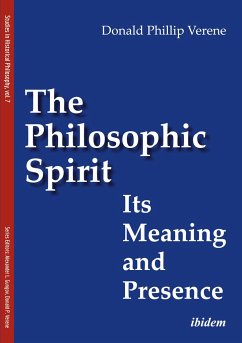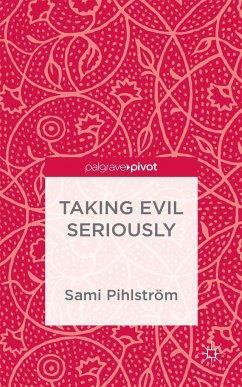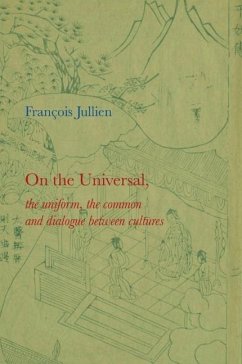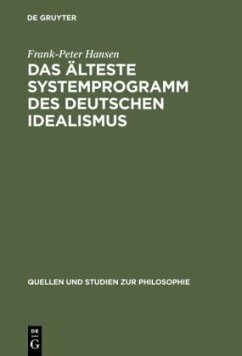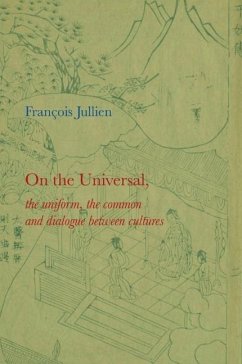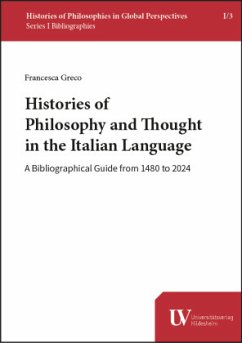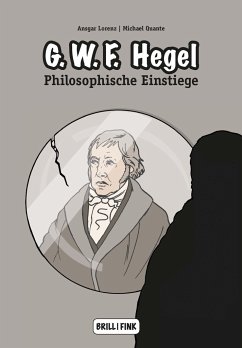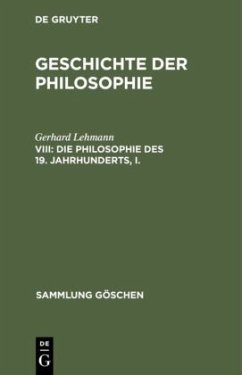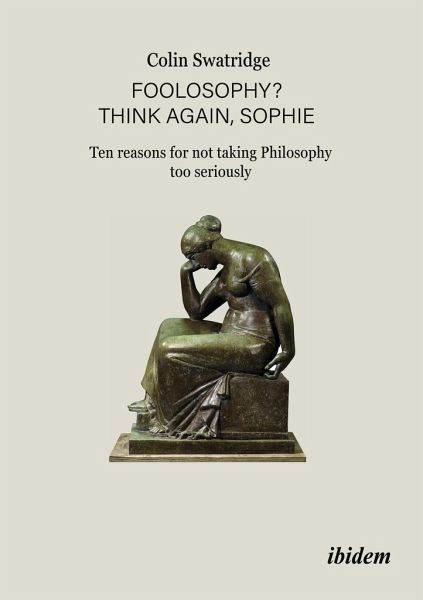
Foolosophy? Think Again, Sophie: Ten Reasons for Not Taking Philosophy Too Seriously
Versandkostenfrei!
Versandfertig in 6-10 Tagen
24,90 €
inkl. MwSt.

PAYBACK Punkte
0 °P sammeln!
We all philosophize at times. What do we do when we philosophize? We think in a rather concentrated, deep sort of way. In so doing, we do not call ourselves Philosophers; it would be rather pretentious of us if we did. Philosophers are those-generally in university departments of Philosophy-who think, and ask questions, about what reality is made of, what we know, and how we should behave. Philosophers are not fools; but after two and a half thousand years, they have not come up with agreed answers to their questions that are any more useful, or certain, than thinkers who do not call themselve...
We all philosophize at times. What do we do when we philosophize? We think in a rather concentrated, deep sort of way. In so doing, we do not call ourselves Philosophers; it would be rather pretentious of us if we did. Philosophers are those-generally in university departments of Philosophy-who think, and ask questions, about what reality is made of, what we know, and how we should behave. Philosophers are not fools; but after two and a half thousand years, they have not come up with agreed answers to their questions that are any more useful, or certain, than thinkers who do not call themselves Philosophers. Many of those who do are still caught up in the thought-forms of theology; all are in pursuit of a lost cause except those who write what might be written by thinkers in other domains. Is it not time to admit that there is nothing very special about Philosophy?Dr. Swatridge studied Theology and Philosophy at the University of Nottingham.Since 1998, he has been a visiting lecturer, in critical thinking and theart of argument, at the universities of PANNONIA (Veszprém); SZEGED;P�ZM�NY P�TER, and K�ROLI G�SP�R (Budapest), and ESZTERH�ZYK�ROLI (Eger), in Hungary, and at institutions of higher education in Poland(Krosno), and Petru Maior University (Târgu Mures) in Romania. His longstandingbase has been MISKOLC UNIVERSITY in North-Eastern Hungary,where he teaches in the Faculty of Arts and Humanities. His previous booksinclude AN OXFORD GUIDE TO EFFECTIVE ARGUMENT AND CRITICALTHINKING (Oxford University Press); A COUNTRY FULL OF ALIENS,and TRANSYLVANIA; TRUTH, MYTH, PERSPECTIVE (both published byCorvina Books, Budapest).



